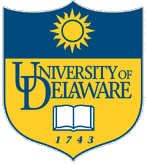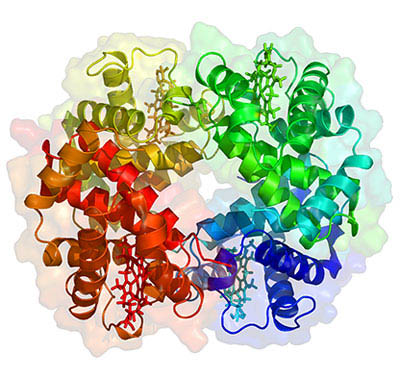  |
INTRODUCTION TO BIOCHEMISTRY Home Page - Spring 2012 See: Catherine Leimkuhler Grimes and Harold B. White, Passing the Baton: Mentoring for Adoption of Active-learning Pedagogies by Research-active Junior Faculty. Biochem. Molec. Biol. Educ., 43, 345-357 (2015) |
